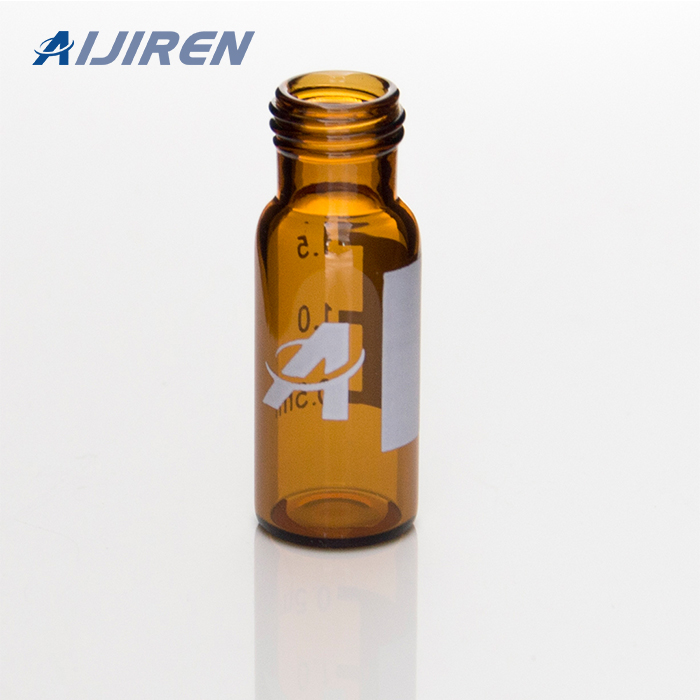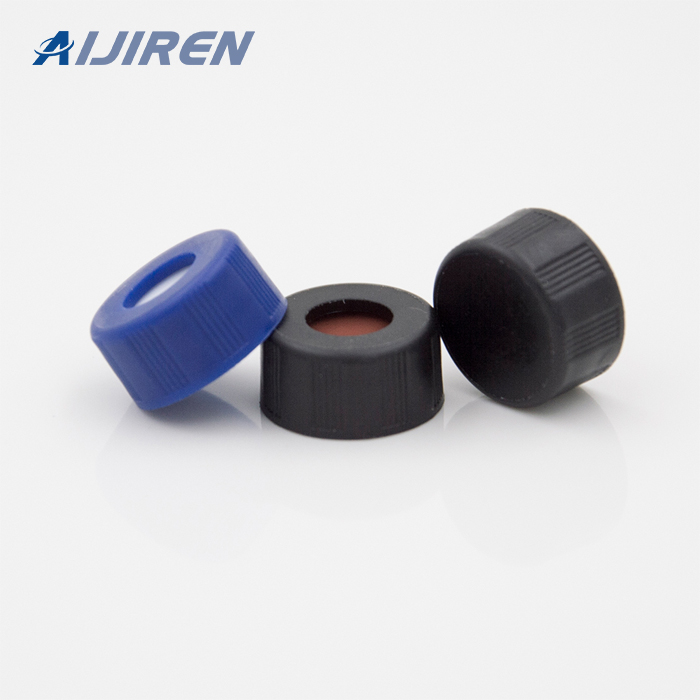



A vial is a small container usually made of glass or plastic. It may be shaped like a Vials are typically used to store medicines or laboratory samples.
Mar 30, 2012 From a quality point of view, both types of glass are equally suitable for use as an autosampler vial for chromatography. When manufacturing ...
Type 1 amber borosilicate glass has a linear coefficient expansion of 51. Schott. Glass Type. Principal Use. Density at 25°C g·cm-3.
Jul 31, 2020 We need to understand chromatography vial components in-depth and how to avoid mistakes that might waste your precious samples. Here comes the ...
The lower the linear expansion coefficient, the greater the temperature change that the glass can withstand. The classification of laboratory glass is
Oct 2, 2020 The ideal chemical composition of a glass vial ... performance of a vial is the linear COE (coefficient of expansion). ... Lower pH shifts
Apr 8, 2021 Crimp Vials are commonly used as a GC Vial for gas chromatography analysis. Crimp Vials are the gold standard when concerned with sample ...
Optimize sample preparation with these LCGC certified clear glass vials 12 by 32 mm screw neck vials with cap and preslit pTFE/silicone septum in a pack of
Mar 22, 2020 Clear Glass vials can be made from a different coefficient of expansion glass; most notable 33-expansion and 51-expansion glass. AirekaCells® ...
May 16, 2017 Vials are small containers composed of glass or plastic used to hold your sample. · Type 1 clear borosilicate glass can have a linear coefficient ...
Silica-based glass is technically important for its excellent chemical resistance (except HF and alkali) and small expansion coefficient which makes it a
Some utilize robotic arms to pick up a sample vial; some use tray rotation while The lower the coefficient of expansion the better the glass can handle.
About this item · ✓LOW EXPANSION COEFFICIENT - 9mm Screw Thread Autosampler Vials are made of clear Type 1, Class A Borosilicate Glass with very low expansion
The low-expansion, coefficient glass exhibits excellent thermal conductivity and provides an inert surface with a low free ion.
Made of high-quality borosilicate glass, the lab autosampler vials have low coefficient of expansion and very high chemical resistance. Perfect for